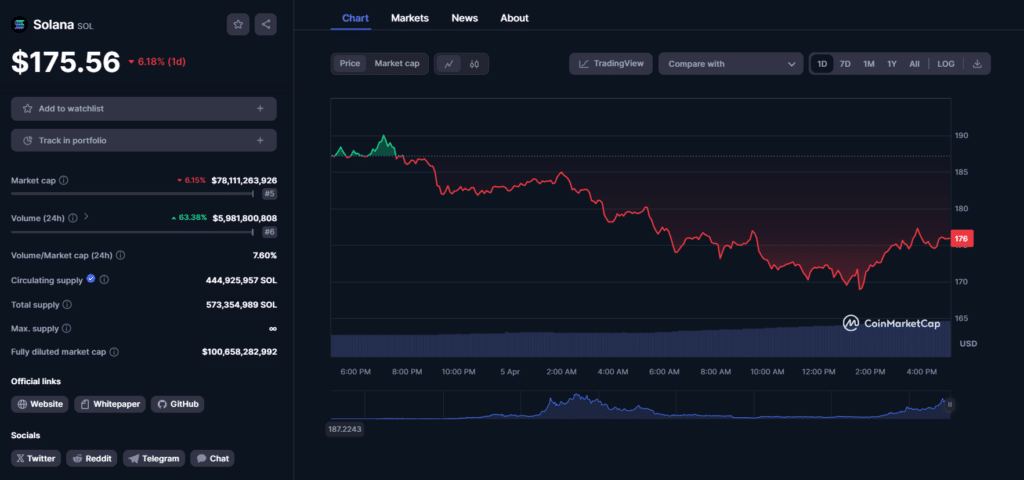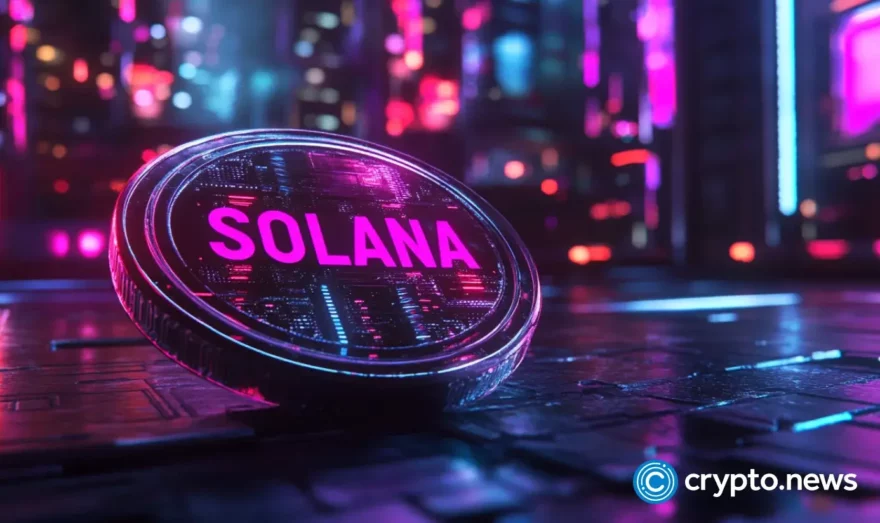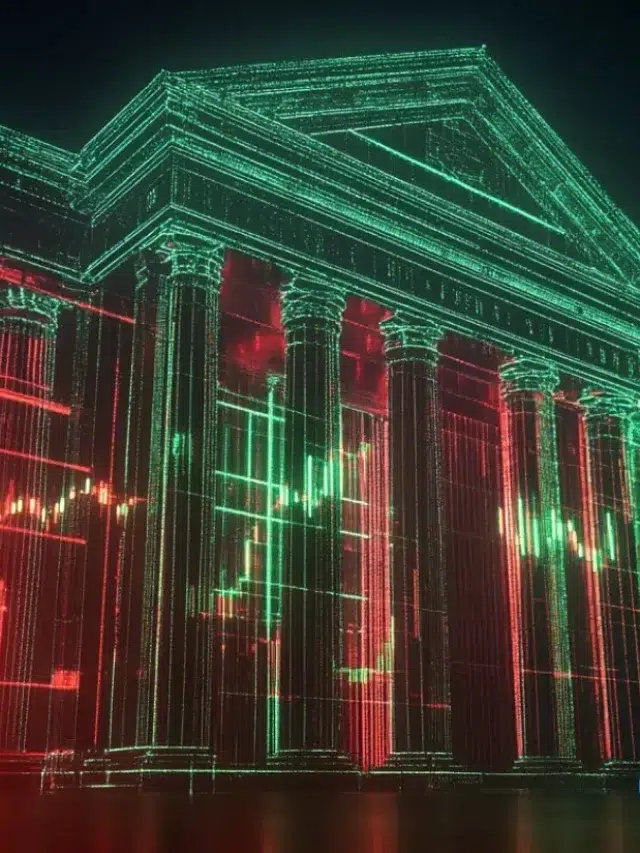FTX estate sold $1.9b Solana at discount price

While FTX creditors decried unfair bankruptcy proceedings and decisions, the defunct crypto business offloaded a trove of Solana tokens at a massive discount.
FTX’s estate, under bankruptcy administrators led by CEO John J. Ray III, traded 25-to-30 million Solana (SOL) coins well below market prices as the company tried to plug a $16 billion hole left behind by FTX founder Sam Bankman-Fried.
According to Bloomberg on April 5, the crypto exchange raised as much as $1.9 billion from its discounted SOL sale from several entities like Mike Novogratz’s Galaxy Trading and Pantera Capital. Persons familiar with the matter reportedly said that Galaxy fundraised a $620 million vehicle to scoop Solana from Bankman-Fried’s troubled exchange.
Last month, Pantera also disclosed plans to acquire $250 million of FTX’s SOL, and the estate sold $1.7 million worth of Solana to Nepture Digital Assets.
Filings released last year showed that Solana made up the lion’s share of FTX’s crypto holdings. The FTX founder was a public SOL-supported company that invested hundreds of millions into the native cryptocurrency and tokens within its ecosystem, like Sereum (SRM).
Former Alameda Research CEO Caroline Ellison referred to Solana and other SOL-based tokens as ‘Sam’s coins’ during last year’s November trial. Bankman-Fried has since been found guilty on seven criminal counts and sentenced to 25 years behind bars.
FTX creditors challenge bankruptcy decisions
The defunct exchange’s creditors have banded together to contest what they consider an unfair bankruptcy process. In January, the judge presiding over the case ruled that each creditor should receive an equivalent value of holdings when FTX declared bankruptcy in late 2022.
SOL prices were around $16 at the time, but the token traded above $175 at press time, prompting discontent from creditors. In particular, the FTX Customer Ad Hoc Committee, the largest voting bloc in the bankruptcy, gathered 1,400 signatures to protect creditor rights and fight for improved court verdicts on how crypto claims should be treated.
















